EYFS (Early Years Foundation Stage)
Intent
At Shankhill School, we will ensure our children become curious life-long learners by making sure they meet their learning goals by following the EYFS framework. This includes seven areas of learning and development that are equally important and inter-connected. However, three areas known as the prime areas of learning are seen as particularly important for igniting curiosity and enthusiasm for learning, and for building children’s capacity to learn, form relationships and thrive.
The prime areas are:
- Communication and language
- Physical development
- Personal, social and emotional development
The prime areas are strengthened and applied through 4 specific areas:
- Literacy
- Mathematics
- Understanding the world
- Expressive arts and design
Implementation
Pupils learn through a balance of child-initiated and adult-directed activities. The timetable is carefully structured so that children have rigorous directed teaching in English, maths and phonics (beginning in summer term for Nursery children) everyday with regular circle time/collective worship sessions to focus on PSED (Personal, Social and Emotional Development). This focused group time means the teacher can systematically check for understanding, identify and respond to misconceptions quickly and provide real-time verbal feedback which results in a strong impact on the acquisition of new learning.
Children are provided with plenty of time to engage in ‘exploration’ throughout the variety of experiences carefully planned to engage and challenge them in the provision. The curriculum is planned for the inside and outside classrooms and equal importance is given to learning in both areas. The curriculum is planned in a cross-curricular way to enable all aspects of the children’s development including understanding the world and expressive art and design as well as to promote sustained thinking and active learning. Our timetable is very flexible, and we will choose to go in a new direction if the children express a specific interest, for example, if children are showing a particular interest in bees during our mini-beasts topic, we will centre learning and activities around this interest.
Impact
Our early years teachers pursue daily rich activities to support each child’s educational development across the seven areas of learning. Our philosophy of early year’s education remains the same with play, well-being and preparedness being at the heart of everything we do.
In the final term of the year, a profile will be completed for each reception pupil. This provides parents and carers, practitioners and teachers with a well-rounded picture of a child’s knowledge, understanding and abilities; their attainment against expected levels; and their readiness for Year 1. Throughout their year in Reception, the children will be observed and assessed, mainly through their play, in order to gain insights and make reasonable judgements against the early learning goals.



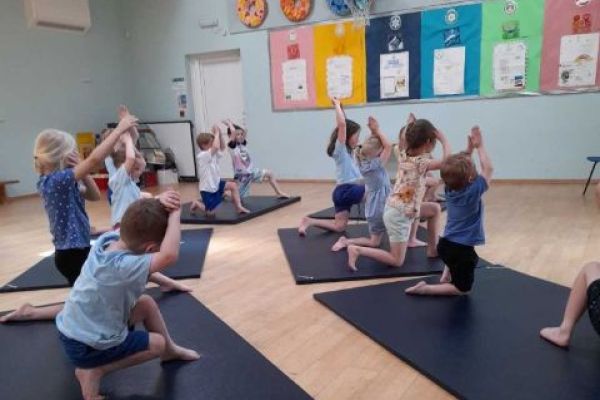
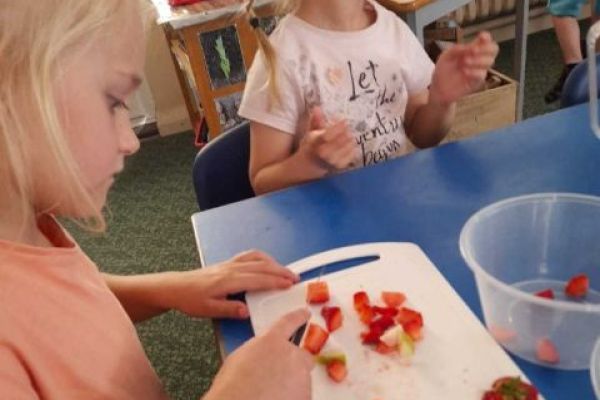
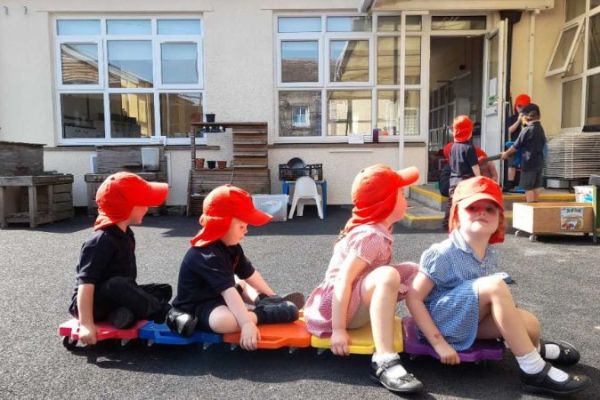
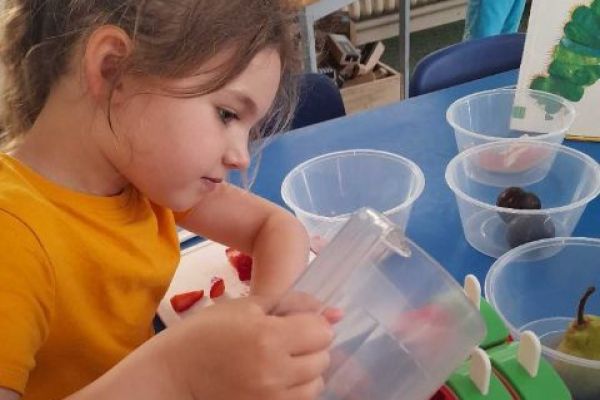
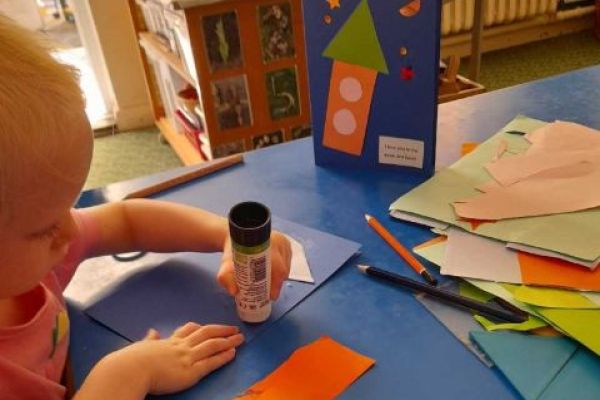
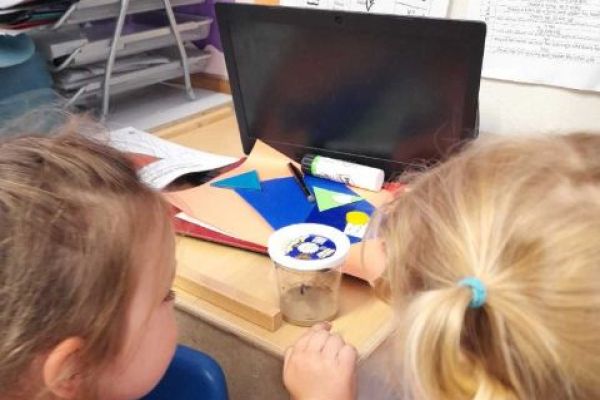
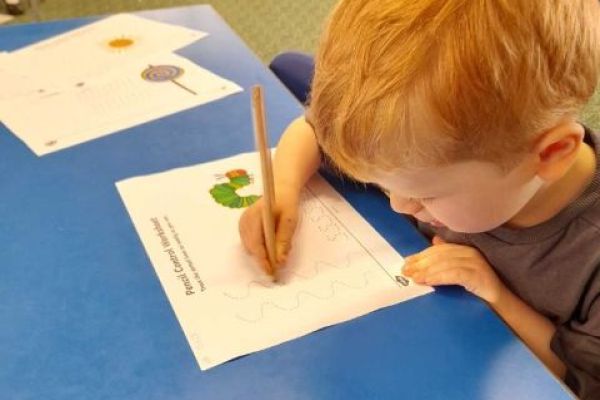
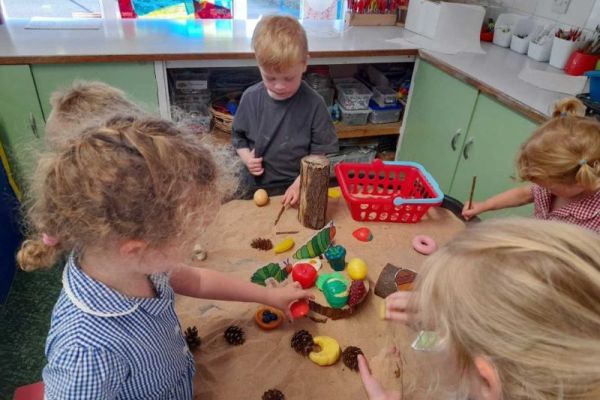
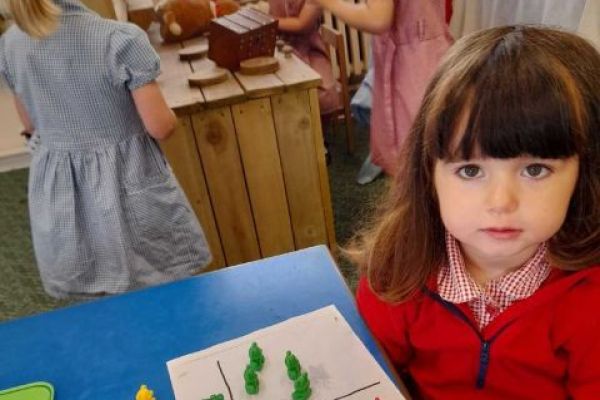
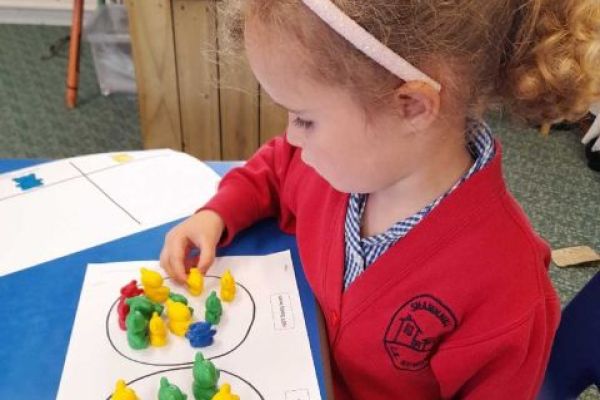
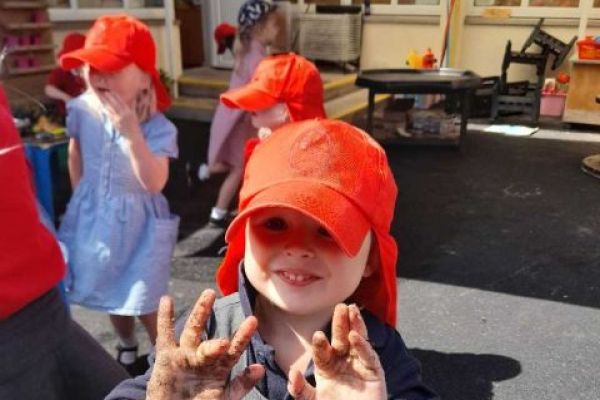
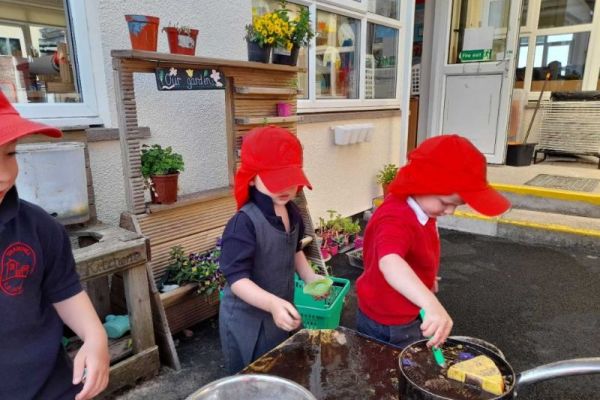
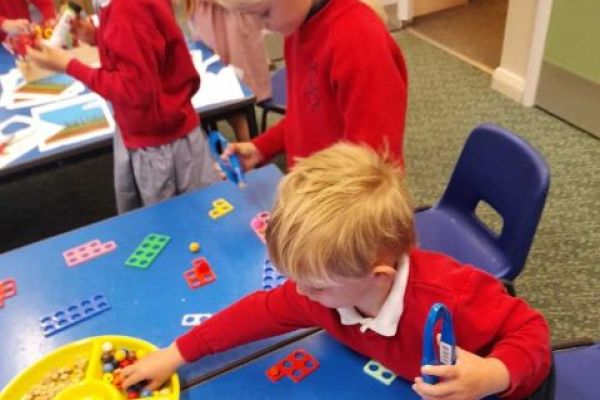
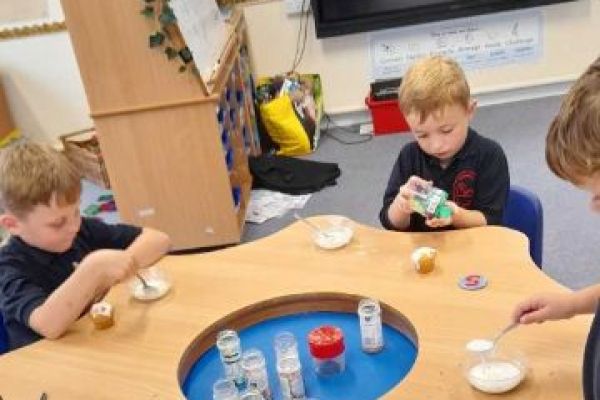
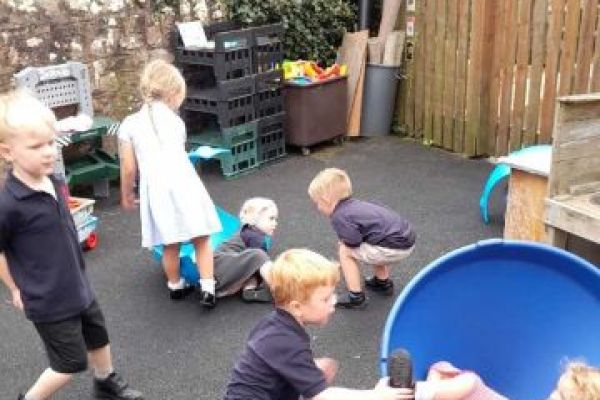
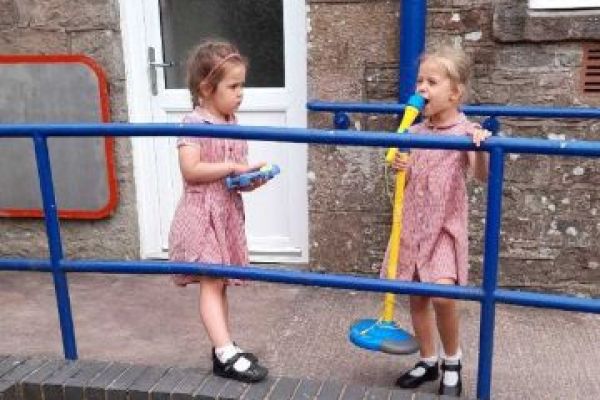
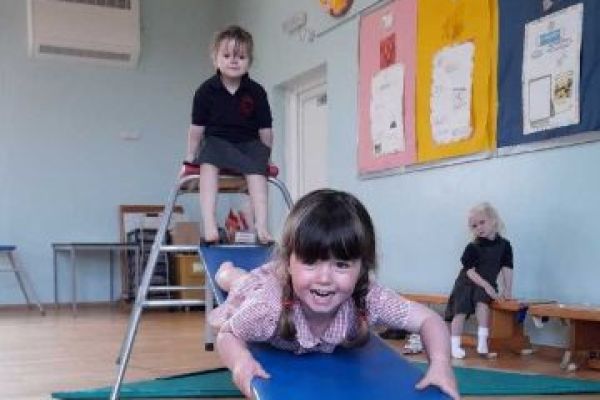
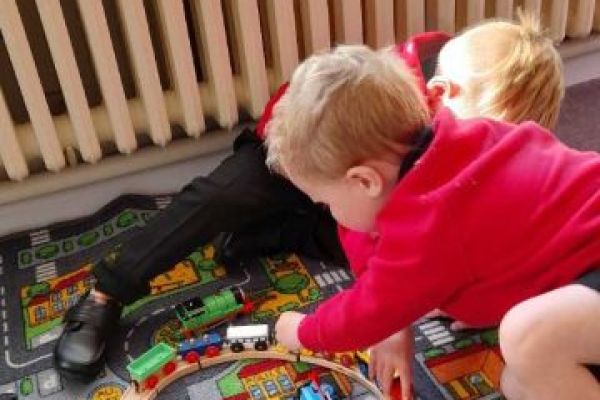
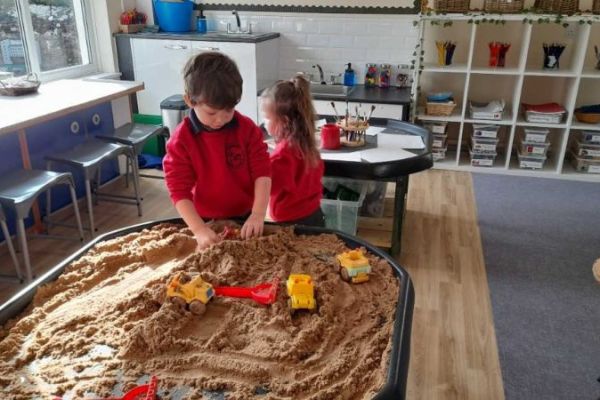
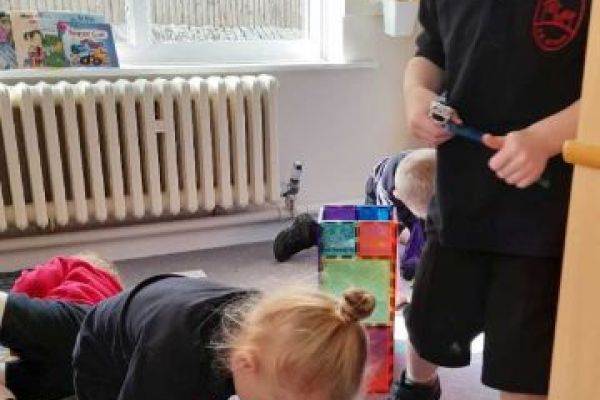
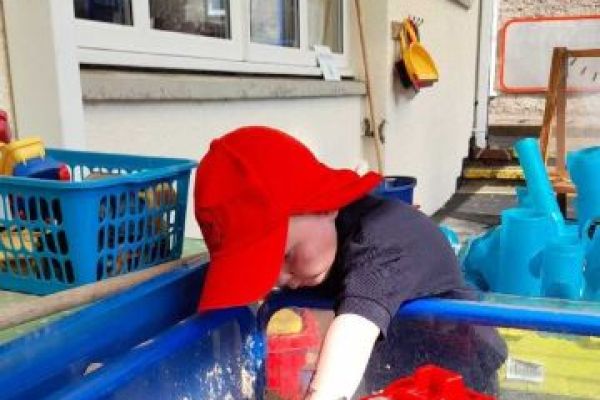
 EYFS Curriculum Map
EYFS Curriculum Map